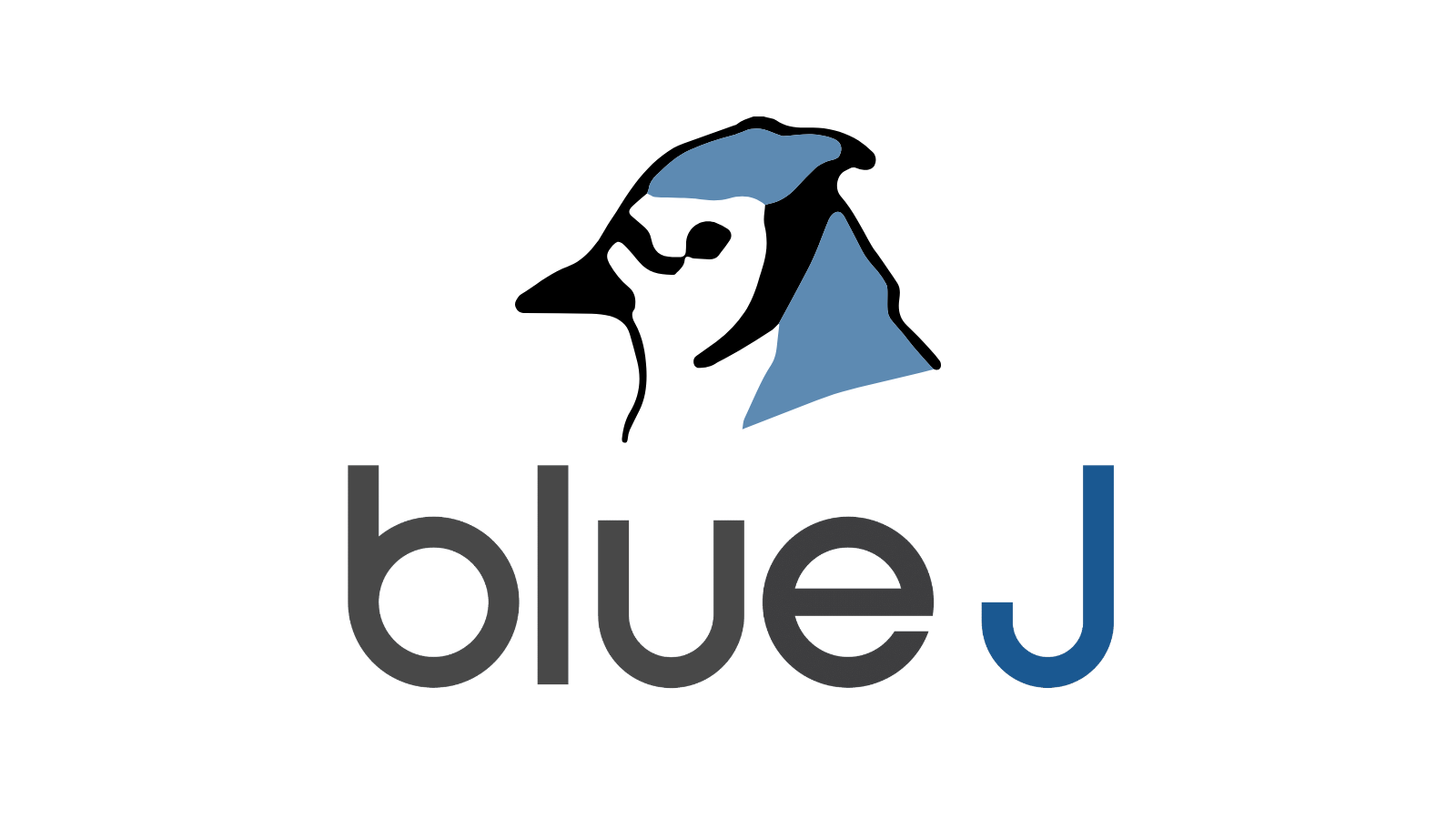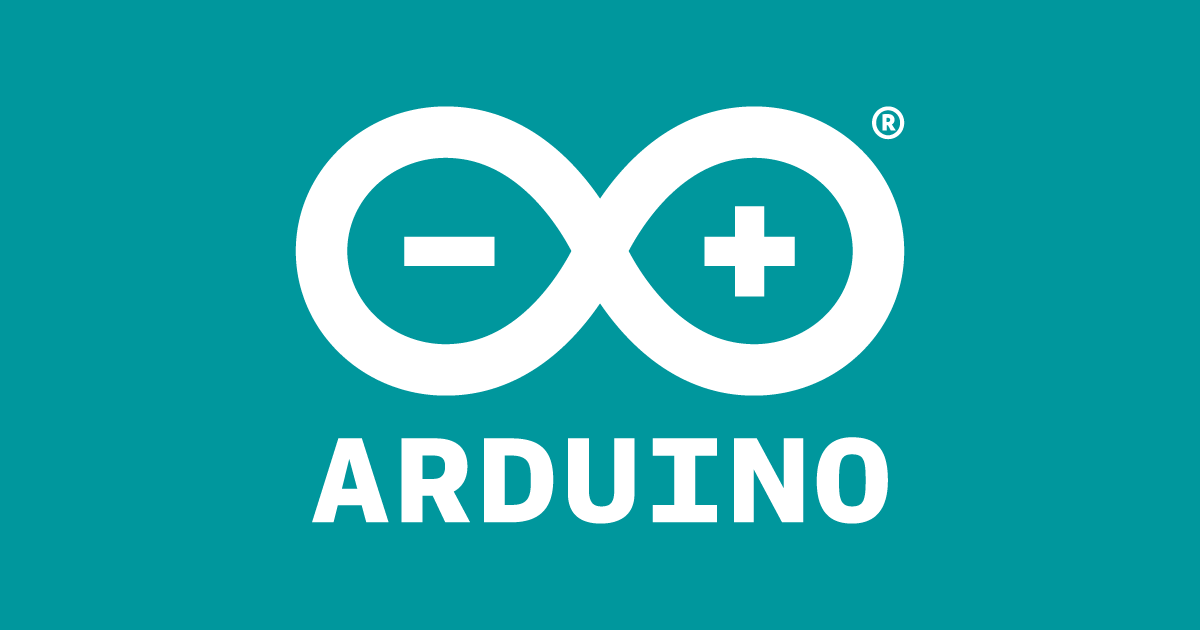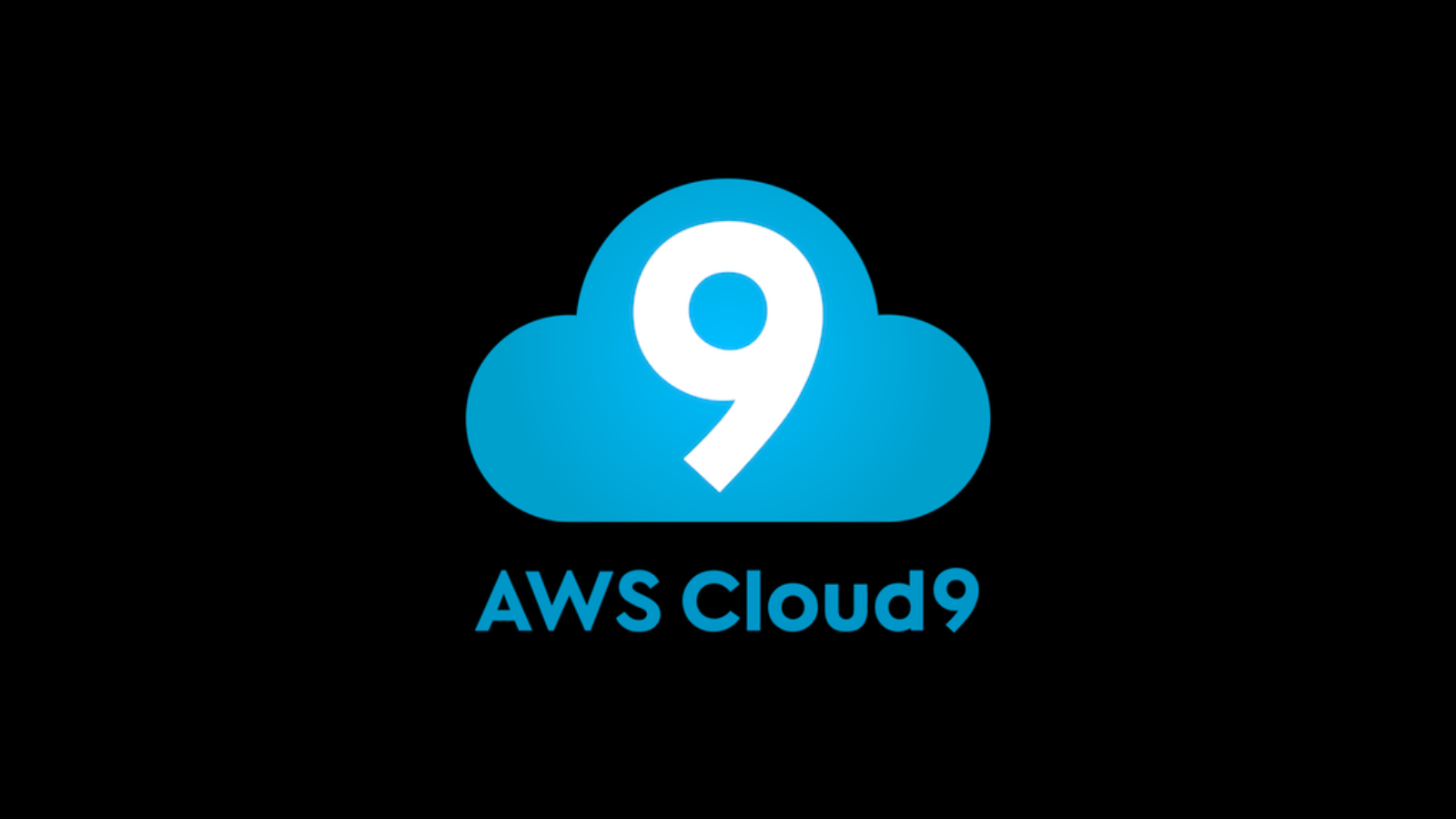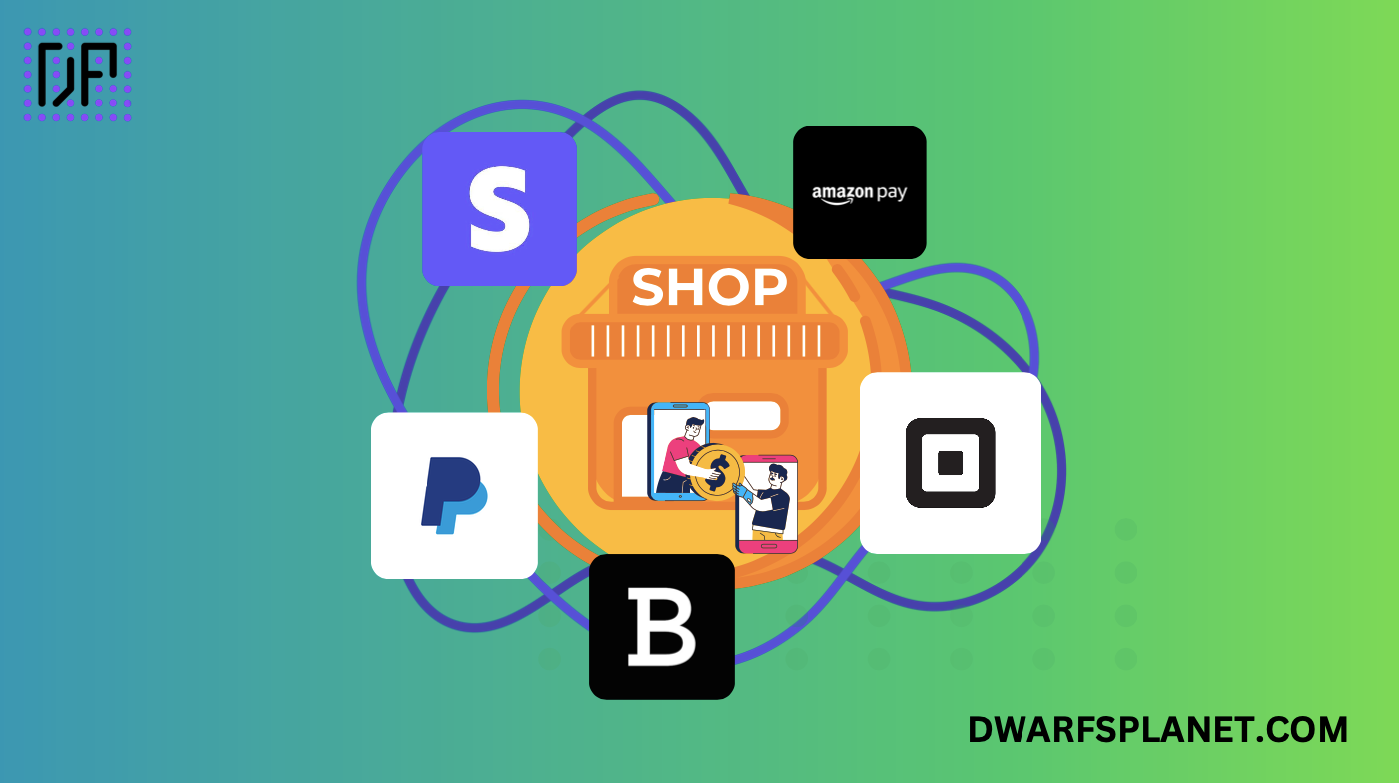Web-based interactive computing environment for notebooks.
JupyterLab is an open-source, web-based interactive development environment (IDE) that builds on the Jupyter Notebook interface to provide a flexible and powerful environment for data science, scientific computing, and machine learning. Released in 2018, JupyterLab allows users to work with Jupyter notebooks, code, data, and other files in a highly interactive and collaborative workspace. It supports many programming languages, including Python, R, Julia, and Scala, and is widely used by data scientists, researchers, and educators for its ability to create, share, and document code, results, and visualizations in a single platform.
Key Features:
- Jupyter Notebooks Integration: Allows users to create, edit, and run Jupyter notebooks, which support code execution, rich text, mathematical expressions, visualizations, and multimedia outputs.
- Interactive Computing: Supports interactive computing with live code execution, inline plotting, and dynamic visualizations, making it ideal for data exploration, analysis, and machine learning.
- Modular Interface: Provides a flexible, modular interface with customizable layouts, multiple tabs, and drag-and-drop functionality, allowing users to arrange notebooks, terminals, text files, and data visualizations side by side.
- Language Support: Supports over 40 programming languages, including Python, R, Julia, and Scala, through various kernels, making it versatile for different scientific and data science applications.
- Integrated Terminal and Text Editor: Includes an integrated terminal and a rich text editor, allowing users to run shell commands and edit text files directly within the environment.
- Data Visualization and Plotting: Seamlessly integrates with popular data visualization libraries like Matplotlib, Seaborn, Plotly, and Bokeh, enabling the creation of interactive, publication-quality plots and charts.
- Extensions and Plugins: Offers a wide range of extensions and plugins to extend functionality, such as version control, variable inspection, enhanced code completion, and interactive dashboards.
- Collaboration Features: Supports collaborative work through JupyterHub, which allows multiple users to share resources, collaborate on notebooks, and manage environments on shared servers.
Benefits:
- Optimized for Data Science and Scientific Computing: JupyterLab is designed specifically for interactive data science workflows, providing an intuitive environment for data exploration, analysis, and visualization.
- Highly Customizable Interface: Offers a flexible, modular interface that can be tailored to fit individual workflows and preferences, enhancing productivity and user experience.
- Multi-Language Support: Supports multiple programming languages, making it versatile for a wide range of scientific and data-driven applications.
- Rich Ecosystem of Extensions: The open architecture allows for easy integration with a wide range of extensions, enabling additional features and customization.
- Open-Source and Free: JupyterLab is free to use and open-source, supported by a large community of contributors and backed by Project Jupyter.
Strong Suit: JupyterLab’s strongest suit is its interactive and collaborative computing capabilities, optimized for data science, machine learning, and scientific research, allowing users to combine code, data, and documentation in a single, flexible environment.
Pricing:
- Free: JupyterLab is open-source and available for free, distributed under the modified BSD license.
Considerations:
- Not a Full IDE: While JupyterLab excels at interactive computing, it lacks some of the advanced development features of full-fledged IDEs, such as deep debugging, refactoring tools, and comprehensive project management.
- Performance with Large Data Sets: JupyterLab may become less responsive when handling very large datasets or complex computations, depending on the available system resources.
- Dependency on Browser and Internet: Requires a web browser to run and, in some setups (like using JupyterHub or cloud services), a stable internet connection for full functionality.
- Security Concerns in Multi-User Environments: Requires careful configuration and management in multi-user environments to ensure data privacy and security, especially when handling sensitive data.
Educational IDE for learning Java.
IDE for programming Arduino microcontrollers.
Cloud-based IDE with collaborative features.
Summary: JupyterLab is a powerful, open-source interactive development environment optimized for data science, scientific computing, and machine learning. It provides a flexible interface that integrates Jupyter notebooks, code, data visualizations, and documentation into a single, collaborative workspace. While it may lack some advanced features of traditional IDEs, its interactive capabilities, multi-language support, and rich ecosystem of extensions make it an ideal choice for data scientists, researchers, and educators who need a versatile, user-friendly environment for data-driven projects.














